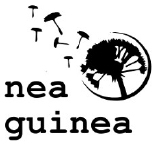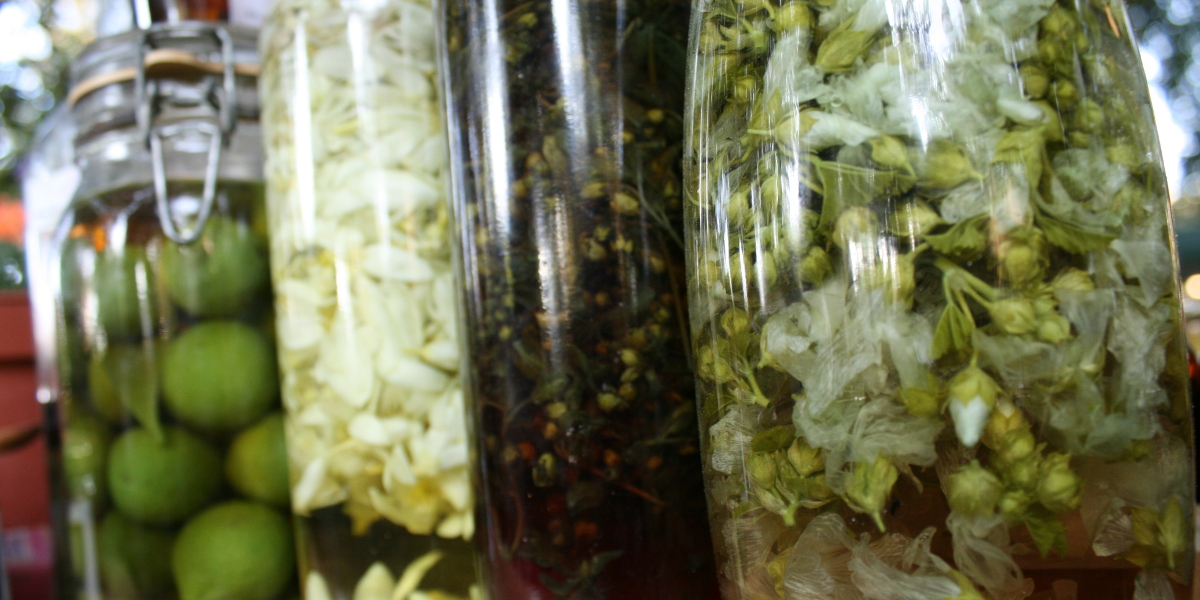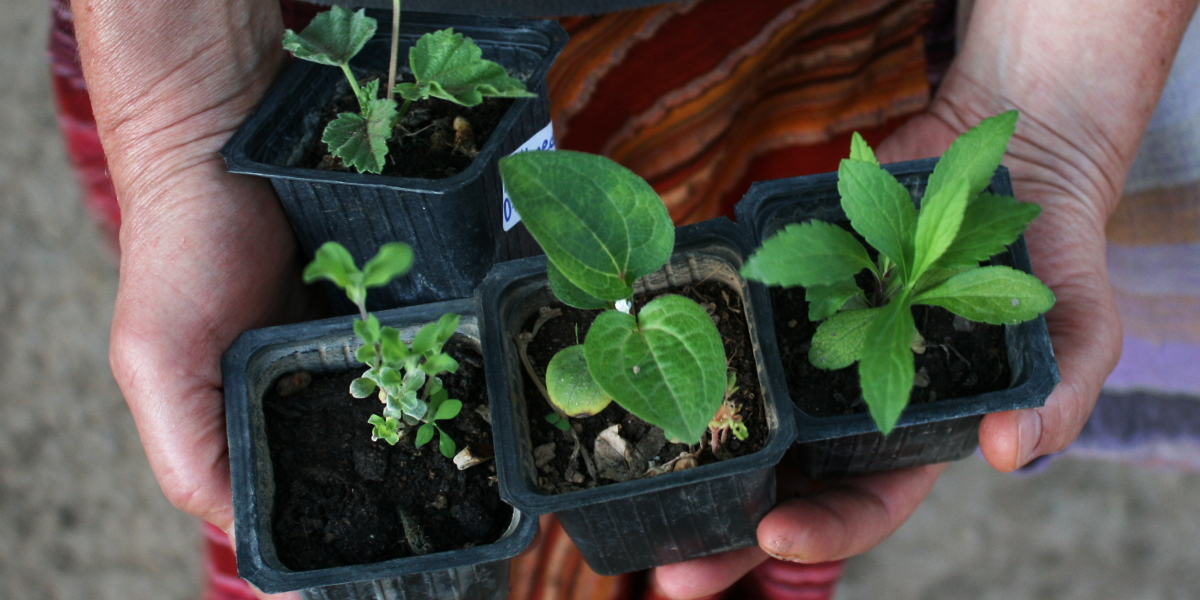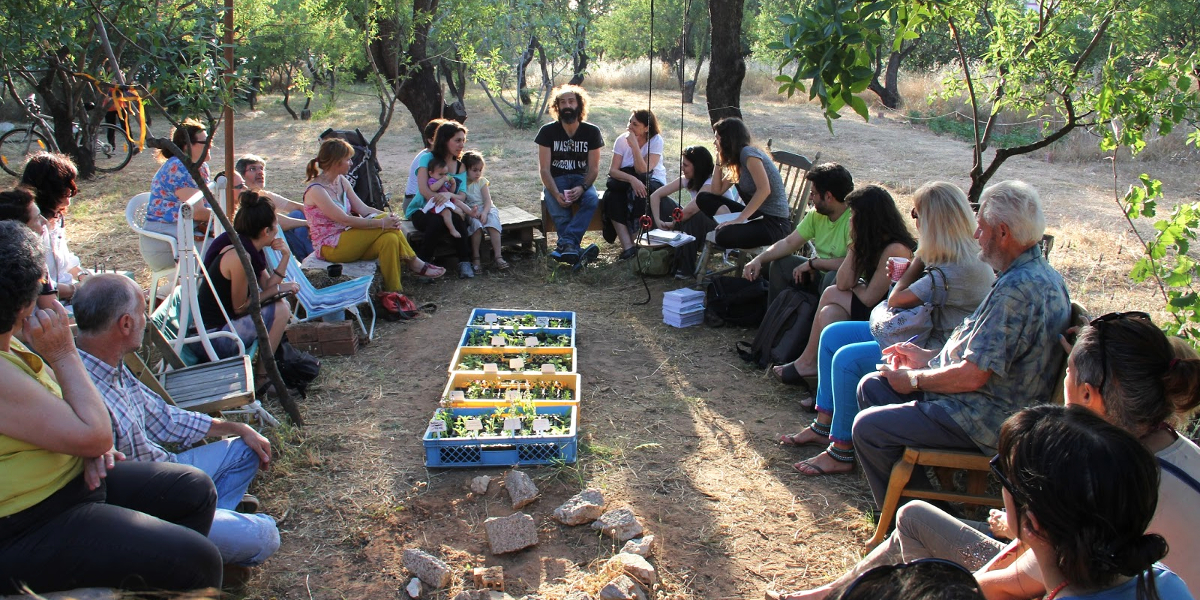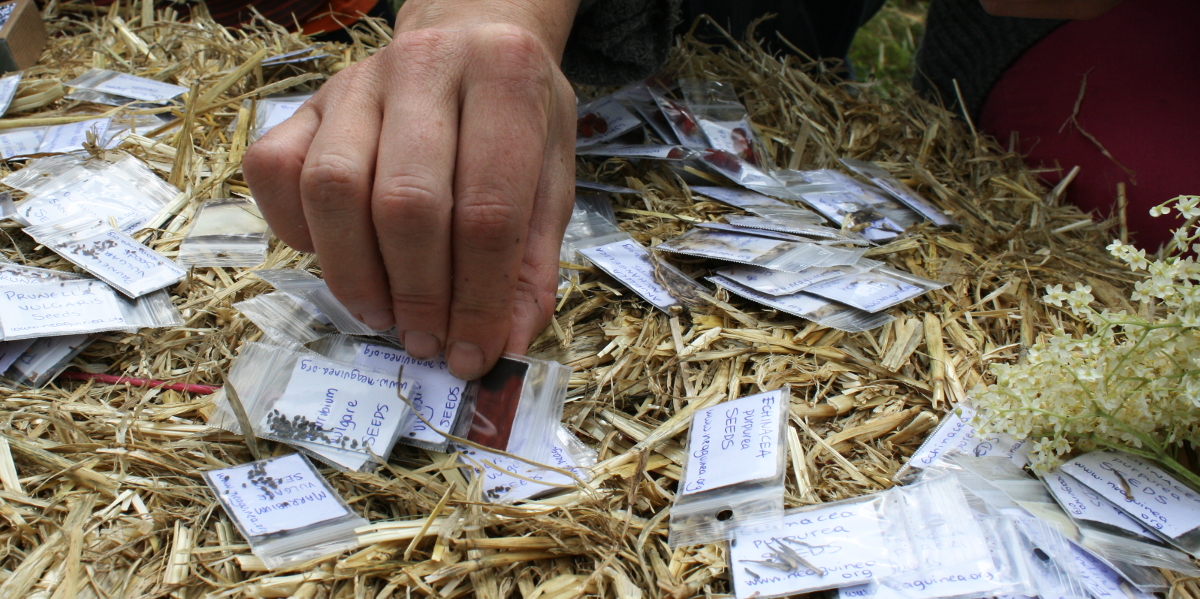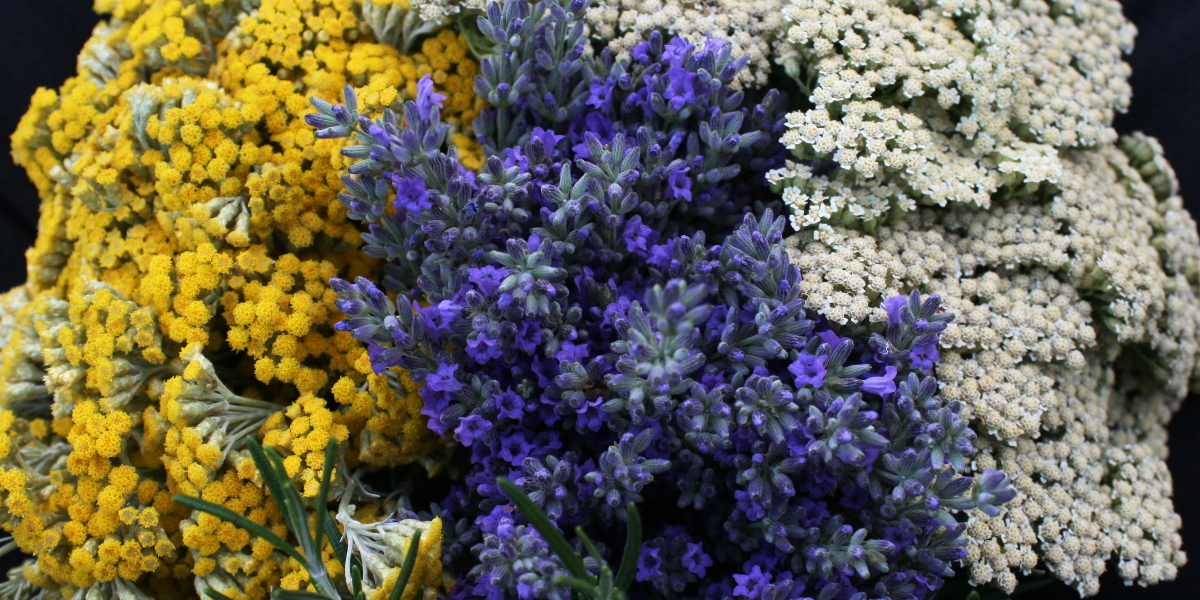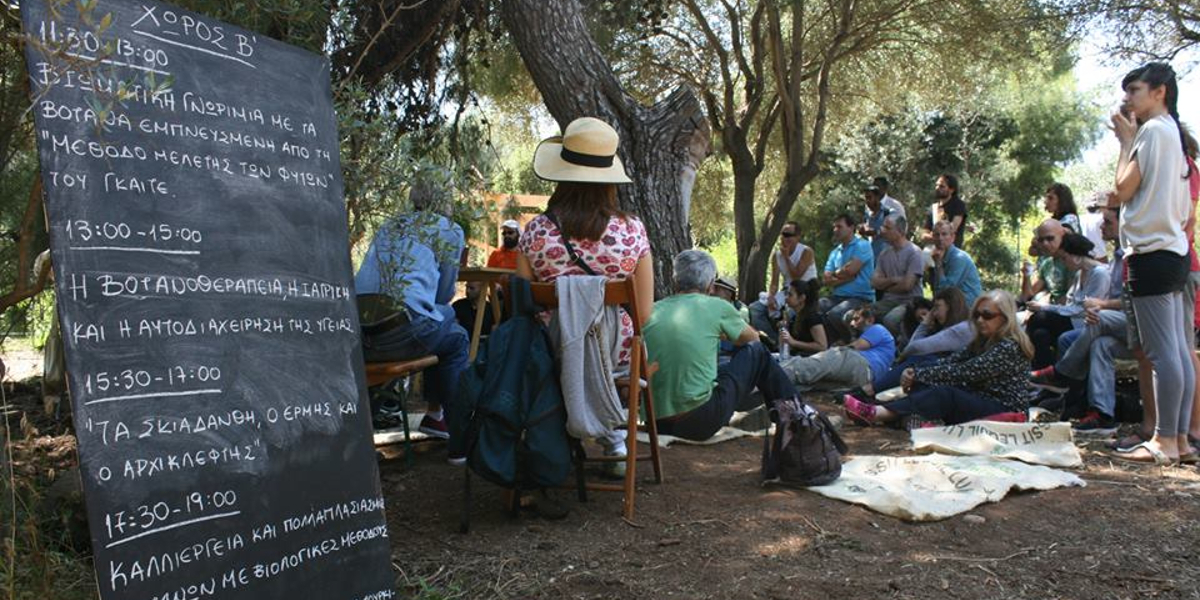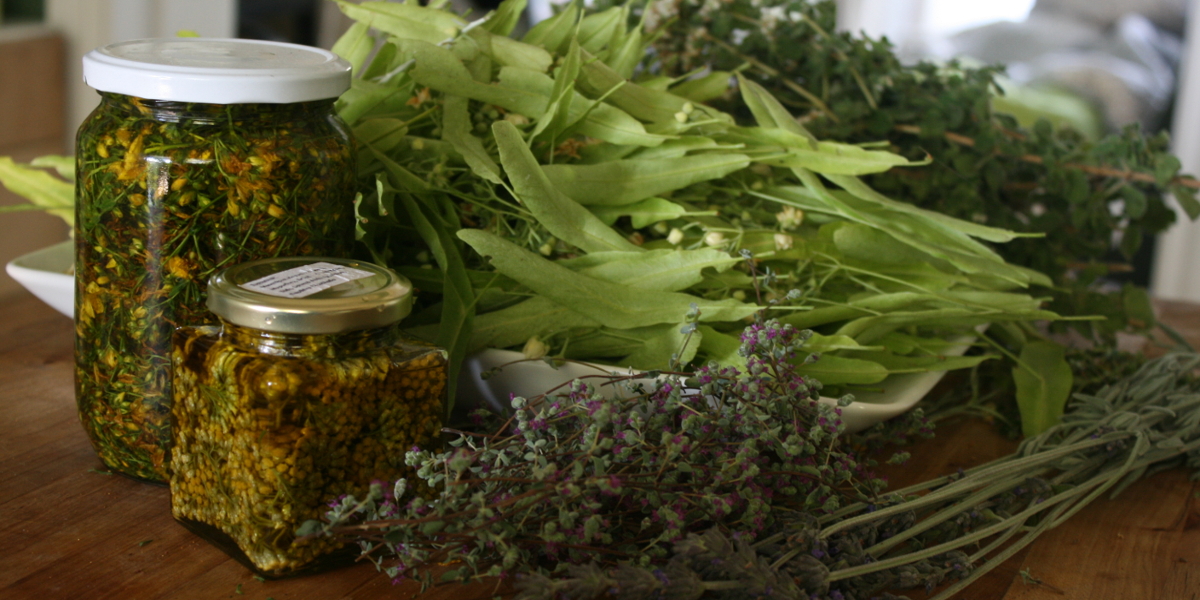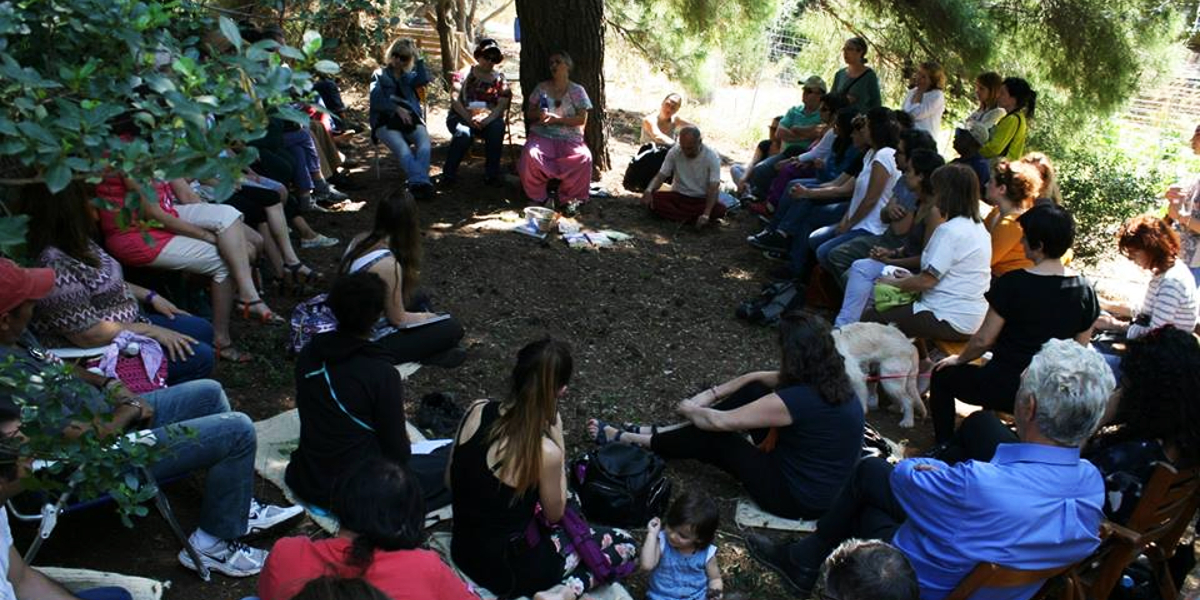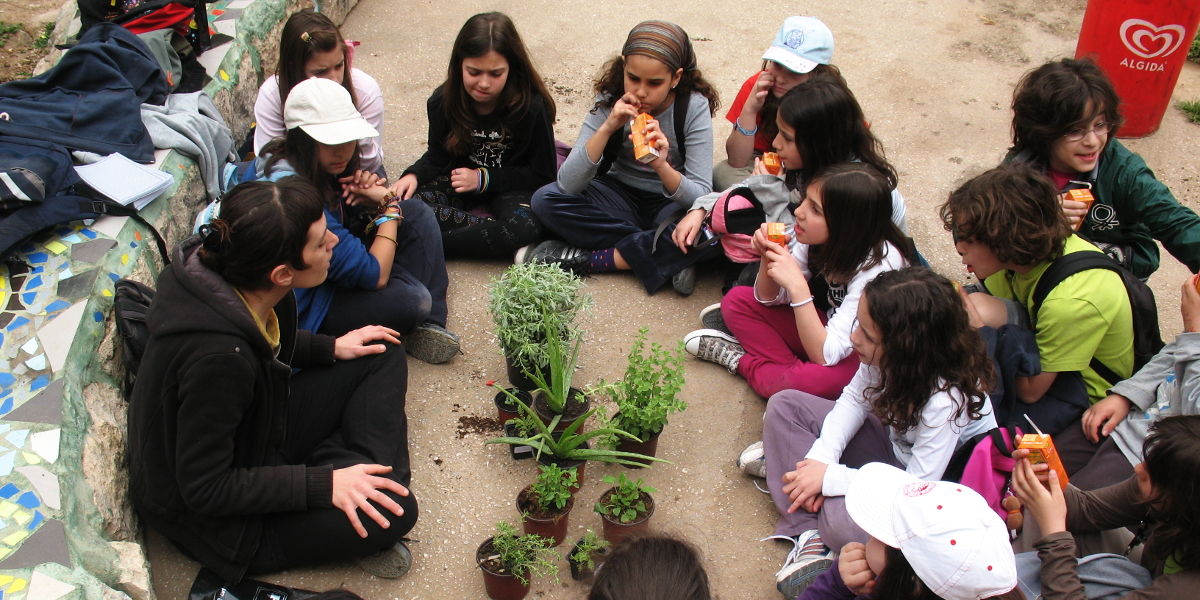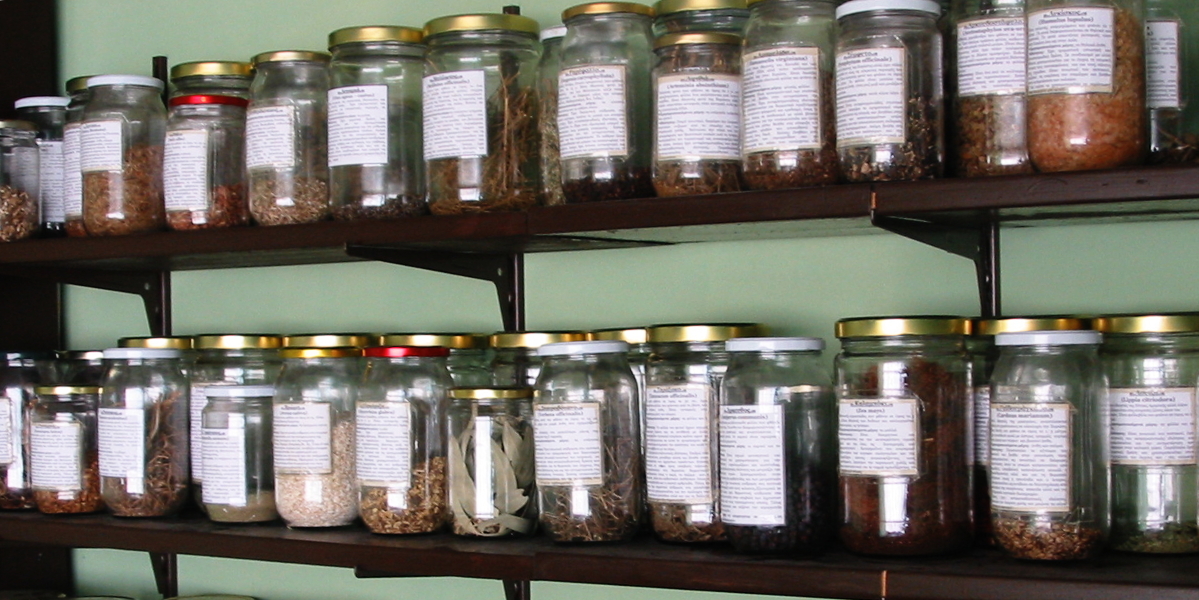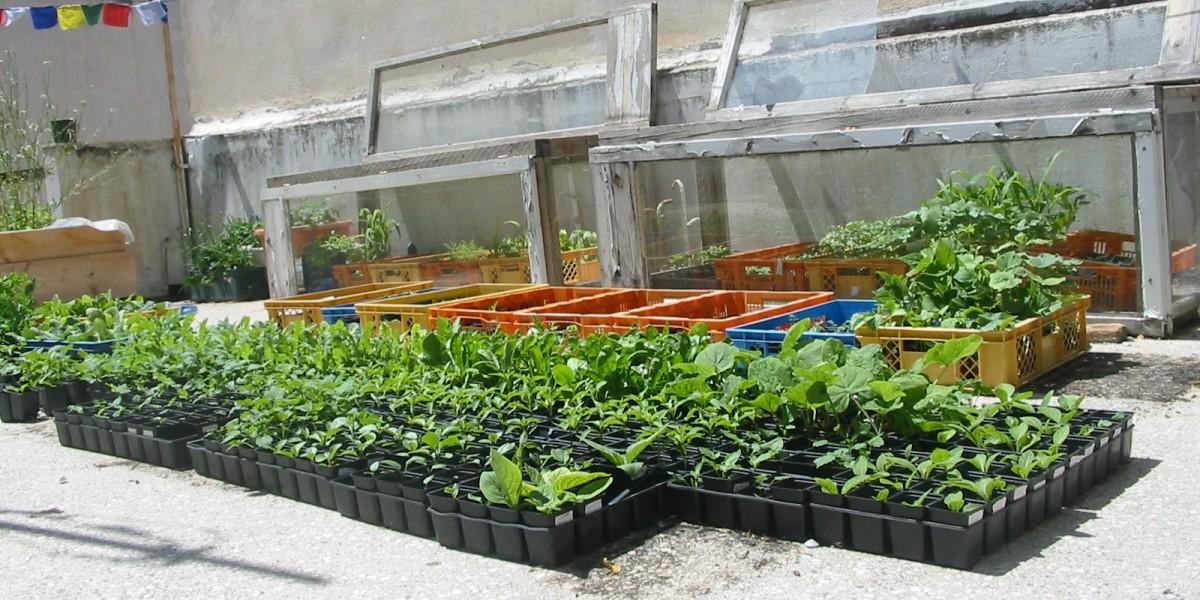Botany
The use of herbs for the treatment of various diseases is a simple natural method of treatment, timeless and universal that has evolved over the centuries, along with human civilization. The healing potential of nature was the basis of all known systems of traditional medicine (e.g. China, India, ancient Greece, Egypt, etc.), while later on it contributed significantly to the development of modern conventional medicine and pharmacopoeia, providing the raw material for the production of a huge range of preparations, among which are currently the most powerful drugs, the most powerful poisons and the most powerful hallucinogenic drugs. Herbs can be used for symptomatic treatments, but also to activate the physiological mechanisms that support detoxification and strengthening of the body in order to balance different functions and address the causes behind the symptoms. At the same time, they enable personalized treatments, tailored to the needs and abilities of each organism, taking into account the age, the intensity of the disease and the specificities of each body. In any case, herbs are safe and very well tolerated by the human body since our body through a long course of co-evolution with plant organisms has now adapted to both the assimilation and elimination of the chemicals they contain.
By having basic knowledge about the properties and treatment methods, one can gain access to the vast healing potential of nature, which, unlike access to conventional health care services, is not subject to restrictions (due to income, gender, ethnicity, etc.). Thus, with simple, natural materials and basic kitchen equipment, each of us can prepare a range of simple, safe and effective remedies and cover to a large extent our daily needs and be actively involved in the process of treatment, thus reducing dependence on goods and services of the health market. So as we recover this knowledge, we can begin to share and develop it collectively, creating structures and relationships that support interaction and the exchange of ideas, experiences and practices. Going one step further, we can enter the process of cultivating or collecting the herbs we use and gain a higher level of experiential understanding of the plant as a living organism and as a healing tool, while creating new connections with our natural environment.
So as herbs regain a place in our daily lives, and knowledge begins to be shared, filtered and evolved through daily practice, herbal medicine is becoming a tool for self-management of a basic need, but also for creating new meaningful connections with nature and the people around us. This idea is the basis of the design and operation of the New Guinea Herbal Therapy Laboratory, which briefly organises the following activities:
- information events in schools, social centres, eco-festivals and festivals.
- educational activities such as courses and multi-day seminars.
- collective activities related to the cultivation and processing of herbs that promote interaction, exchange and cooperation.
- publication of educational and information material on the potential of herbal therapy.
- construction of herb gardens and maintenance of a living seed bank of medicinal herbs.
